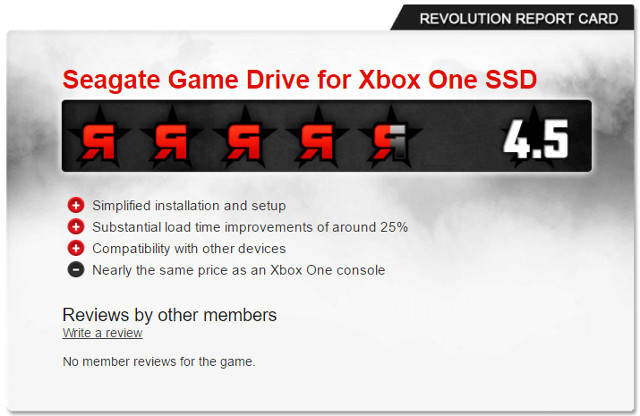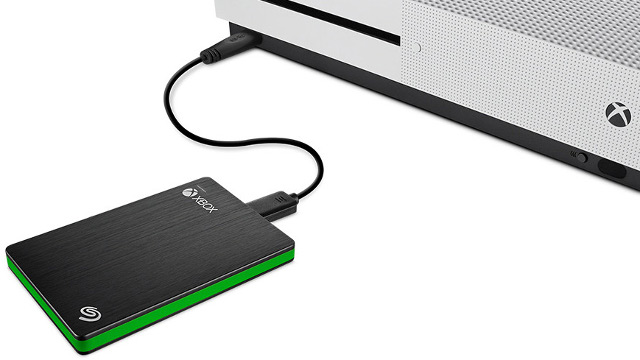The lower graphical fidelity of consoles isn’t the main reason that myself and many other PC gamers avoid console multiplatform titles when given a choice, it’s actually the loading times. Going from being able to transition between areas in RPGs at the drop of a dime to waiting around for what feels like millennia is abrasive and sometimes even immersion compromising.
The reason for this is the invention of the solid state drive, or SSD. This technology has been around for a while, but high costs have kept it from reaching the masses in the console market. Well, if anyone knows how to change that it's Seagate, and as it turns out its latest product is just what the doctor ordered. The Seagate Game Drive for Xbox One is a 512GB SSD solution for the Xbox One that means business.
Setup
I happened to install two SSDs this week: the Seagate Game Drive for my Xbox One, and a Samsung 850 EVO on my PC. Although both products can store up to 512GB of data, the initial setup experience was much different between the two.
Installing the Seagate Game Drive only requires you to plug a USB 3.0 cable between your console and the drive, deciding whether to use it for media or storage using an automated process on your Xbox One, and then giving it a few minutes to format. Everything is achieved externally, so you won’t have to open up your console or make a mess. All setup and maintenance options are possible through the native Xbox One interface. It’s a painless process that ensures that even the most technologically challenged can get it up and running without as much as reading a manual.
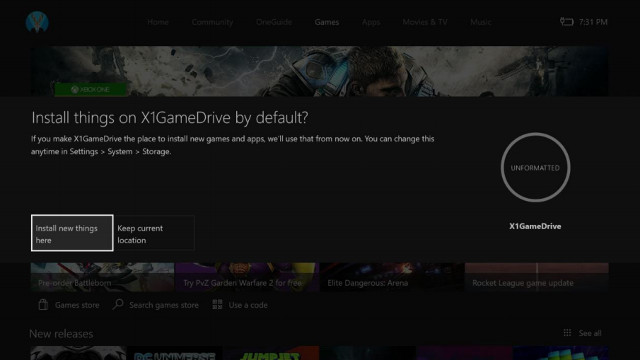
When it comes to selecting whether to use it for media or storage there are multiple factors to consider. As a media device you can add and remove anything from music to videos using a number of devices, including your laptop and PC. However, if you choose to use it as storage for the Xbox One, it’ll become a device dedicated to game and app installs. The latter is where the product achieves its full potential by reducing loading times. Although it’s less “mobile” when used in this way, you can actually plug it in to other Xbox One consoles at any time where they will treat it as their own upon.
Assuming you’ve decided to use the Seagate Game Drive for storage, the first thing you’re going to want to do is install all your favorite games on it. While you can download and install everything as you normally would, there is an option to copy over all your game data using the Manage Game interface. This process takes a while due to the transaction speed limitations of the internal hard drive, but once everything is complete you can bid farewell to what is without a doubt the Xbox One’s biggest bottleneck.
The Results
The easy installation and usage is a great thing, but what really matters is how the drive performs. We tested this product using a variety of games, with quick access to playing them on both the internal Xbox One drive and Seagate Game Drive. Test games included Forza Horizon 3, Gears of War 4, Inside, and Battlefield 1.
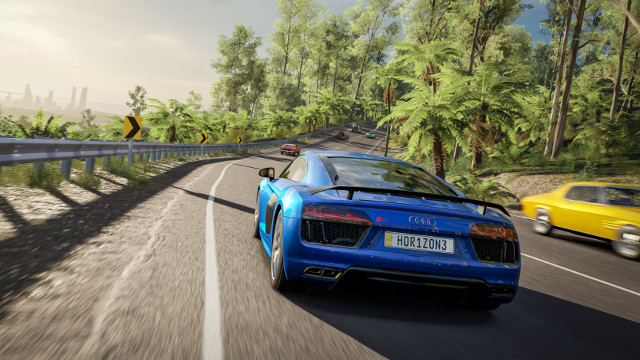
Beginning with Forza Horizon 3, a game known for having an incredibly long initial load time, we found our most dramatic example for how much of a difference the SSD makes. On the internal drive a full 50 seconds were required to load the game world. The Seagate Game Drive accomplished the same task in 34 seconds, a reduction of 32%.
Gears of War 4 saw great gains as well, although not quite as significant. Loading our save file required 26 seconds on the internal disk. In contrast the Seagate Game Drive did it in 20 seconds. This was a reduction in load times of 24%.
ReCore is known for having unbearably long loading times, which makes it an interesting candidate for testing. We saw a load time reduction of 18% when transitioning between zones. While normally it took 48 seconds to transition between The Warren and Eden Tower, the Seagate Game Drive finished in 39 seconds. This was the lowest of our results, which my be owed to poor game code optimization.
Battlefield 1 is an example of a great game to buy an SSD for, as its long loading times make game transitions and entering multiplayer matches a less-than-stellar experience. Loading into a multiplayer match on Suez required 29 seconds on the standard drive, and a much lower 22 seconds on the Seagate Game Drive, a reduction of 25%. It’s worth noting that these numbers might seem low because Battlefield 1 masks roughly half of its load time with introduction sequences that mask the fact that it's loading.
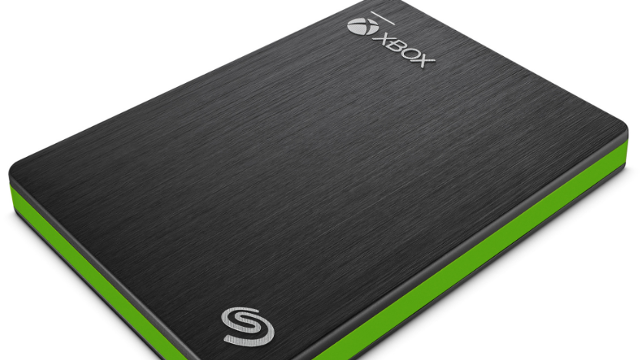
We also tested some affordable indie games including Inside and and Worms W.M.D. Unsurprisingly, we found that their low loading times on the internal drive don't change much when switching to an SSD. For gamers who tend to play a lot of indie games, which frankly isn't all that common on the Xbox ecosystem, then you aren't going to see dramatic results.
Our findings were that over the course of two hours we were able to cut between two and three minutes of loading times from our gaming session. Although your experience will depend upon which games you’re playing, you can expect an average of around 25%, and in extreme cases much more.
This increased mindfulness of your time manifests itself across the entire Xbox One experience. We saw reductions of a couple seconds when loading up applications such as Internet Explorer, Netflix, and Achievements. Games and apps that require server communication were slightly bottlenecked by network communication, but saw results nonetheless.
Conclusion
At $199 the Seagate Game Drive is a pricey but highly impactful solution. It has arrived to a world where consoles continue to hang on to aging hard disk drive technology that dreadfully brings gamers out of immersion. While normally you wouldn't have any choice but to bear with the inconvenience, there's now an official product that outright slays loading times by the dozens of seconds at a time, allowing you to spend more time playing games instead of waiting for them to be ready for you.
